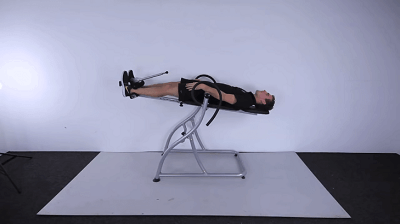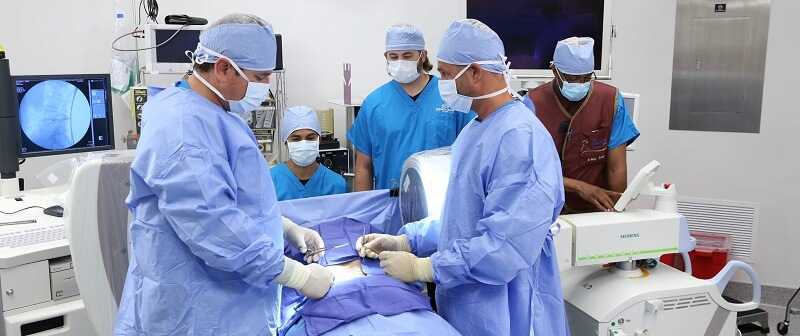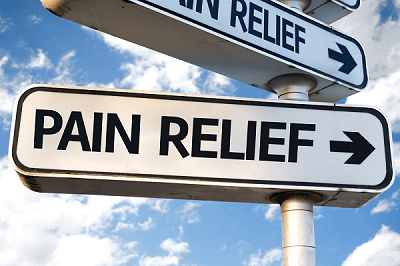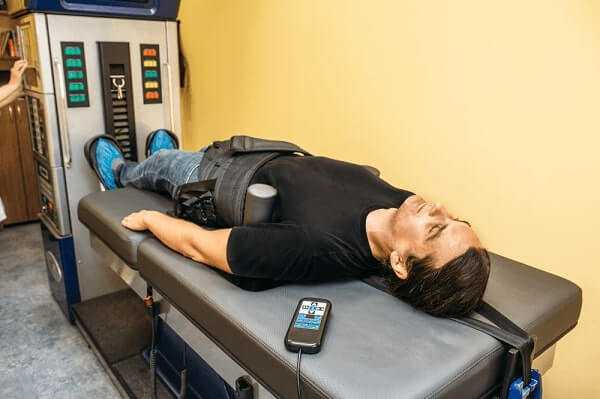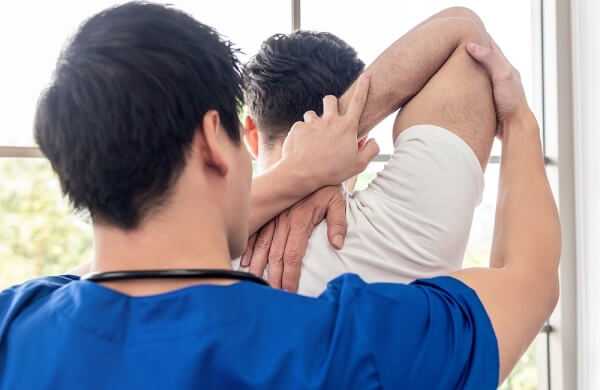All About Herniated Disc
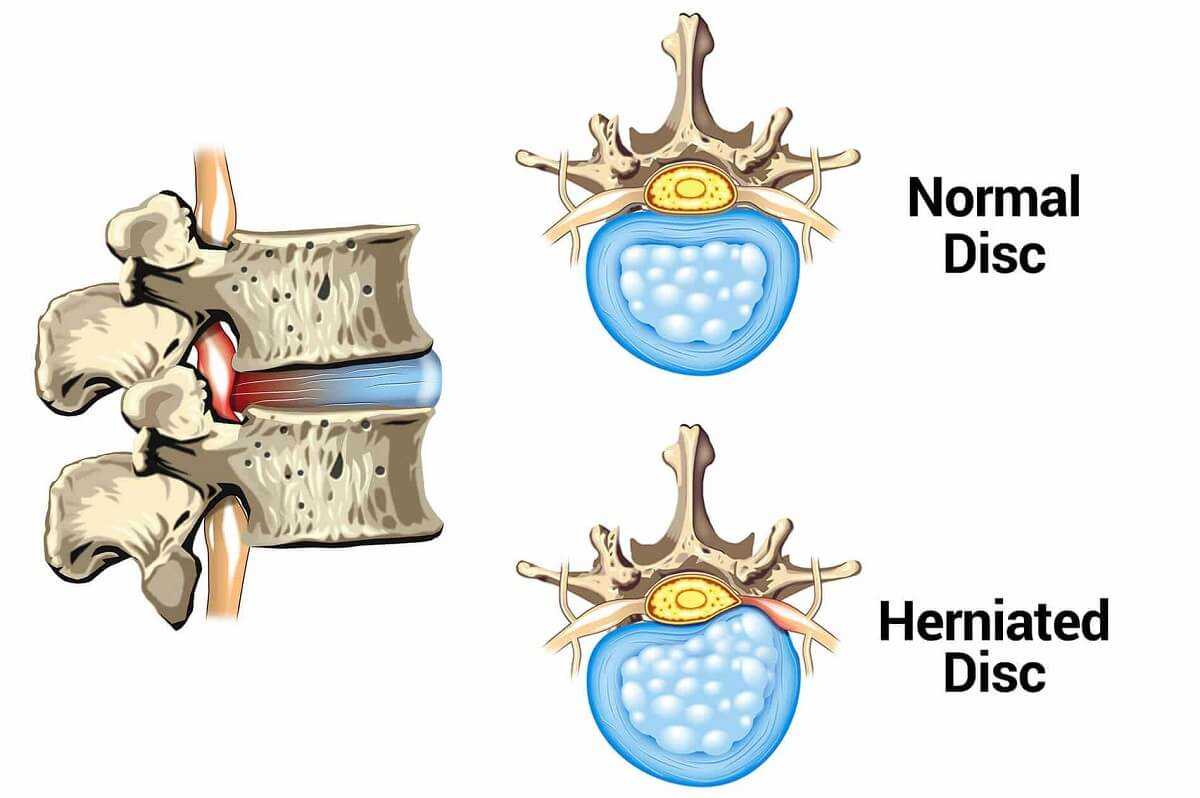
Our spine as an adult is made of 26 ring-like bones that are protected by spongy discs which keep them from rubbing against each other. The spine or backbone is slightly curved to provide us with a spring-like quality that will absorb impact when we do anything physically jarring, however slight, like jogging or jumping. When you talk about a herniated disc, you are referring to one of these spongy discs as the disc’s inner core extruding to the outer core. It is also known as a slipped disc or a bulging disc.
Technically, though, calling it a slipped disc is a mistake because the disc on its own cannot slide out of place or get misaligned. What happens is the disc actually breaks open, but does not and part of it could start to hit a nerve which can be devastatingly painful. It can also happen that you have a herniated disc but are not aware of it because you feel normal – no spinal pain or discomfort at all.
Most often, when this condition happens, it tends to affect the lower back. Rarely does it happen in the upper back or the thoracic spine.
There are 2 basic ways of getting a herniated disc. The first is a natural aging process were there is normal wear and tear. The bones gets brittle and less able to handle any sudden impact, and the discs are not able to absorb the impact, having become less flexible. You can also get a herniated disc from an accident to your spine.
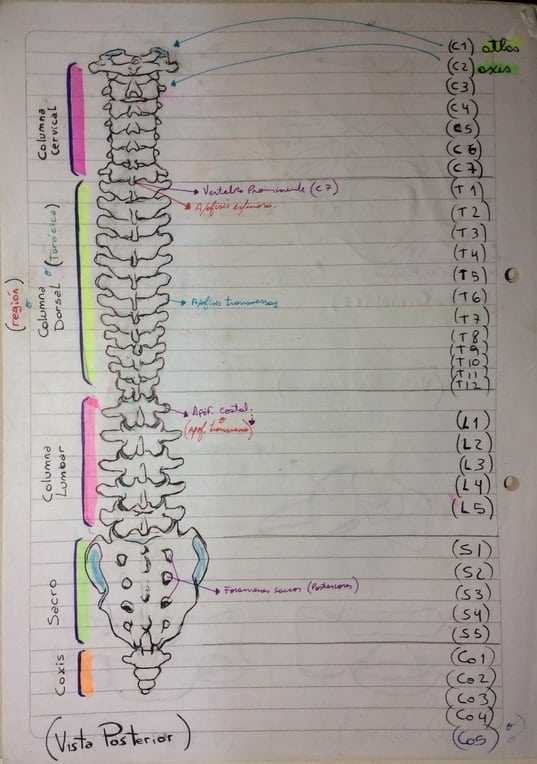
Herniated disc treatment initially happens because you feel spinal pain. Otherwise, finding out you have this problem could just happen by accident, as a sideline discovery to another medical problem.
In addition, the bulging disc will solve itself over time. The body has ways of healing itself, and in this case, the spine can recover even without you being aware there was a problem to begin with.
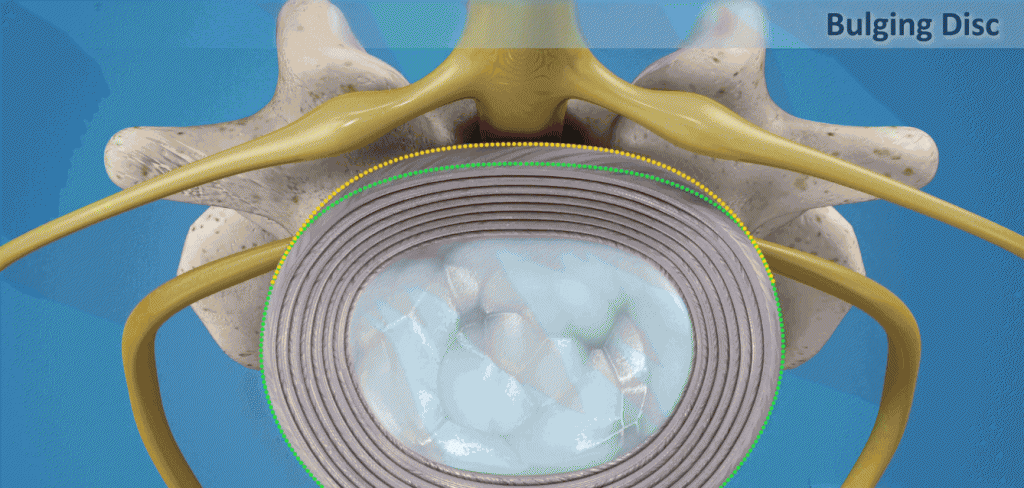
However, if you are aware of the problem, here are some things you can do. For one, don’t stop walking unless the pain is very severe. Normal but light physical activities will be good for you.
You can try getting a physical therapist to help you with some minor exercises as part of your herniated disc treatment, or use a heating pad on the area for about 15 minutes every 3 hours. Best of all, you need to be patient. Time will heal your herniated disc.
The Four Developmental Stages Of A Herniated Disc
Herniated disc is a condition that affects your spine or backbone. It happens when there is a leak from the nucleus pulposus which is the inner part of your spine. When this protrusion happens to be within touching distance of a nerve, then you start to experience spinal pain.
The herniated disc or bulging disc as it is sometimes called, aside from a sudden accident or injury, does not happen on the spot. It gradually develops over time because of the usual aging process. However, it will not happen to everyone who gets to be over 50 years or so. This condition would also depend on your lifestyle, diet and nutrition, and whether you smoke or not. It would be interesting to note that sneezing or coughing could cause your disc to bulge, although it would probably be a very strong sneeze or cough to produce such a condition.
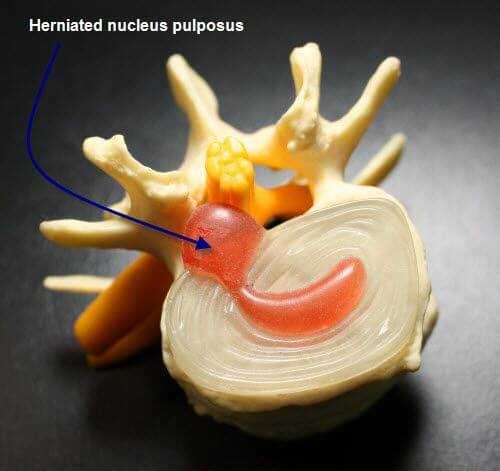
Understanding herniated disc means knowing the stages of development that starts of course from Disc Degeneration to Prolapsed stage, developing to the Extrusion and then Sequestration stage.
When a bulging disc is in the Disc Degenerative stage, the nucleus pulposus is at a weakened stage. This means that the spine is vulnerable to cracks. During the Prolapse stage, the disc starts to change in form, and a slight bulge appears. The Extrusion stage is when the nucleus pulposus breaks through the barrier of the wall but is not quite yet outside the disc. The last stage, Sequestration, happens when this gel like substance moves outside of the disc.
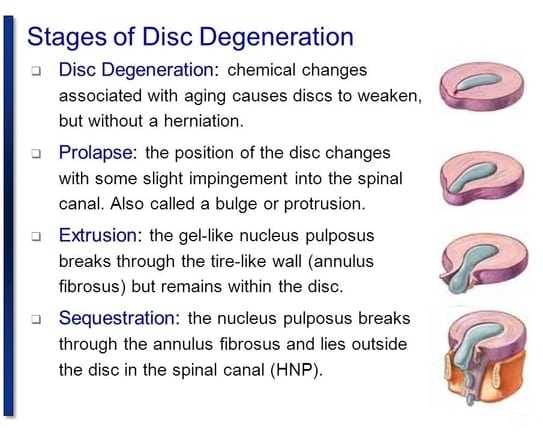
Some people have become accustomed to calling this situation a slipped disc, even if the disc technically did not move at all. Nevertheless, the slipped disc name caught on, and has become widely accepted among the general public.
Herniated disc treatment usually starts only when a diagnosis is made. Unfortunately with this condition, you can not always tell if it exists if you base it on spinal pain. Many times, people find out they have a herniated disc by accident. This is not a bad thing because the average herniated disc treatment is not very complicated. One’s body can heal itself, and you never even knew you had this.
In case you are diagnosed with this condition, the key to healing is avoiding heavy lifting, too much strain on your spine, or smoking and unhealthy lifestyle habits. Most importantly, you should try to keep your normal routine (without the strenuous physical activities) as much as possible. A herniated disc can get to a point though where the pain is unbearable, which means that surgery will have to be done. Still, this is not the norm, and one should try pain medication first.
Kinds of Tests Done To Diagnose A Herniated Disc
A herniated disc is a very common condition, usually happening more to men than to women. You may or you may not feel any spinal pain from this condition because it would depend on whether there is contact with the spinal nerve or not.
There are several tests that a doctor can do to find out the extent and condition of your bulging disc which is another term for a herniated disc. These are diagnostic tests that range from the simple physical exam to more complex and expensive tests.
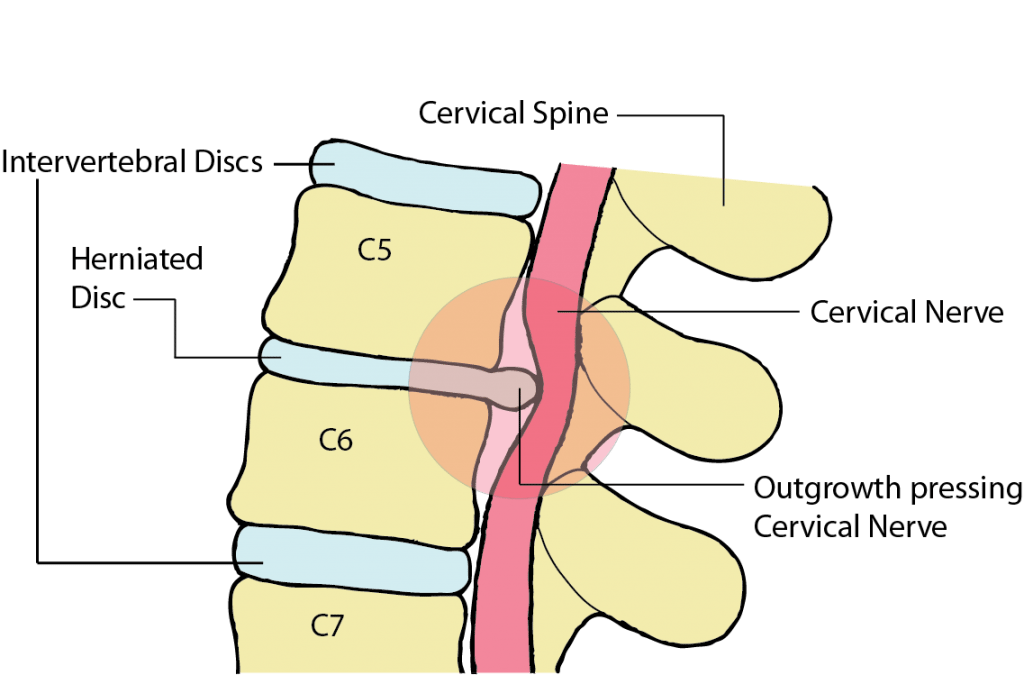
Initially, your doctor will be asking you a few pertinent questions about a possible slipped disc. These are questions regarding location of the pain, when it started, and what you were doing at the time you first experienced the spinal pain. He will also want to know if you underwent any kind of herniated disc treatment, who did it, and what it involved. Finally, it is imperative you inform him of pain in any other part of your body because it might be related to your bulging disc condition.
The initial slipped disc diagnostic tests that will be done are the CT scan, MRI scan, and the Discogram. The CT scan is just like an x-ray that will section out part of your body so that the doctor can zero in on specific parts. The MRI scan will provide your doctor with an accurate and sensitive look into your spine, spinal nerves, disc height, disc alignment, configuration, and hydration.
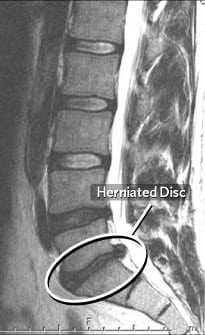
A Discogram involves injecting a radiographic dye into each disc to find the real cause for your pain. When you feel pain, then the doctor can more or less pinpoint which disc is causing the pain. This is not a test that is usually done because it is relatively new and unchartered.
These 3 tests are not conclusive tests, rather pieces of a puzzle that your doctor will have to solve. For further diagnosis, your doctor will require you to undergo a physical exam with a few stretching, bending exercises. The point of pain will also suggest a piece of the puzzle.
Your spine will also be tested for curvature and alignment. It is important to note if there is unusual tightness in the spine because this is also a good indication of a herniated disc.
Other tests that can be done are neurological to check your reflexes; an EMG to find out how your nerves respond to stimuli; a blood test, and a bone scan. Herniated disc treatment will depend on the results of all your tests. The extreme herniated disc treatment would be surgery, but only 1 out 10 patients will be considered for this kind of treatment.
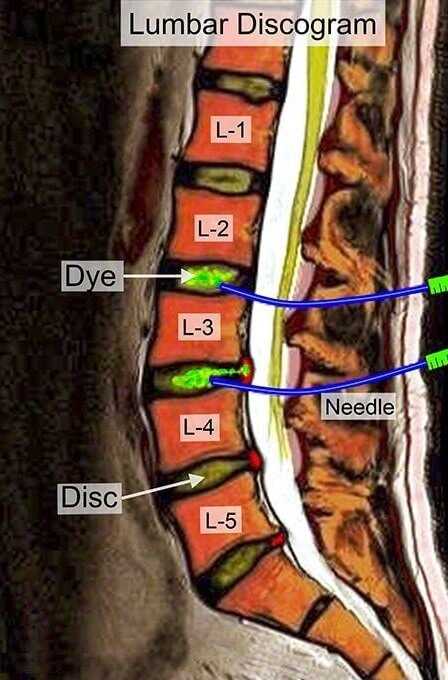
What Kind of Pain Can You Expect From A Herniated Disc?
A herniated disc is a problem with your backbone where the internal substance in your spongy disc (the part of the spine that help you jump around without breaking your spine) starts to break out of its protective cover. This will explain the other terms used for this condition which are bulging disc or slipped disc. There are many other names for this condition like collapsed disc (or disk), disc tear, disc protrusion, ruptured disc, black disc, or torn disc. Doctors have their personal preferences, but the condition is all the same.
Not all herniated disc conditions are accompanies by pain. Many times, you can have this condition but not even know it because you feel absolutely normal. This is good because there is no suffering, no stress, or no distress. Your body will heal on its own provided you do not get into an accident, bump your spine and cause this substance to hit a nerve, or anything like this. In fact, a strong coughing or sneezing episode could change your bulging disc condition and start to cause you spinal pain.
The spinal pain is a result of this substance touching a spinal nerve, and the pain can range from mild for a very minimal contact, to excruciating. The pain location will depend on where the herniated disc is. It can be at the top near the neck or all the way at the lower back, and the pain will be felt in the lower back, pelvic and leg areas.
Technically, there are two main types of spine pain: the disc pain and the pinched nerve. The disc pain is also known as axial pain. This means that the pain is coming from the disc space, and can be generally found in the leg or lower back. This is known as a degenerative disc disease. Regardless of the term used, this kind of condition does not get progressively worst all the time. In fact, in most cases, over time, your condition will improve.
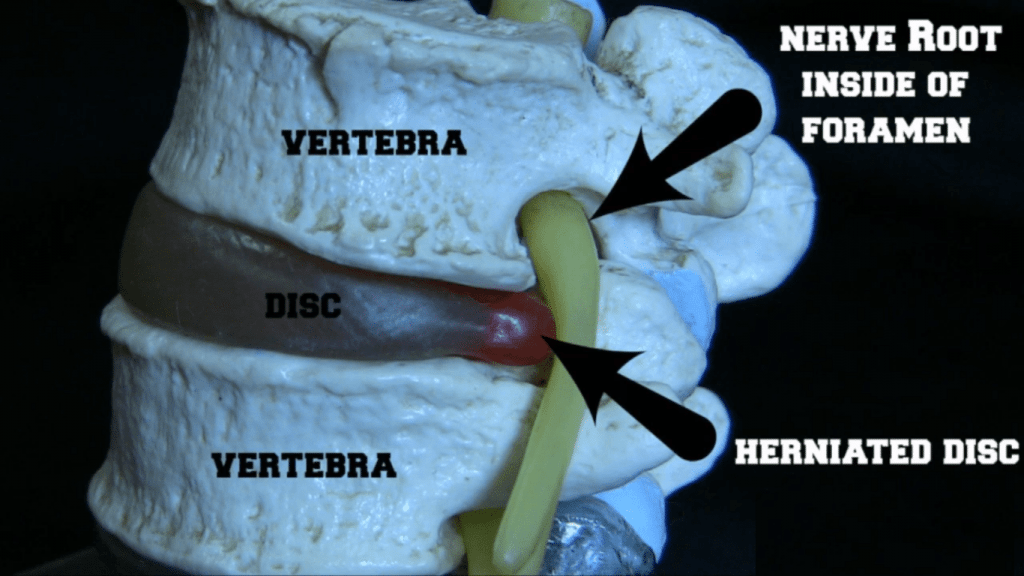
There are 2 reasons for the pain you feel with a degenerative disc condition: inflammation and abnormal micro-motion instability. The inflammation is cause by proteins in the disc, while the micro-motion pain happens when the outer portion of your disc gets damaged. With both situations, you will start to feel muscle spasms.
With a pinched nerve, the herniation or the protrusion of tissue is what is causing the pain. This nerve root pain can travel to different parts of the body like the neck or legs, and make it difficult for the person to walk, run, or turn his head.
If pain from your slipped disc becomes unbearable, you can consult with your doctor about possible pain killers or even surgery.
The Causes & Treatment of A Herniated Disc
Also known as a bulging disc, a herniated disc can be very painful because the part that is bulging could be touching a nerve. On the other hand, a person can go around with a herniated disc and never even know it because he feels nothing unusual.
Determining the cause of a herniated disc (or as some people mistakenly call it, a slipped disc) can be either normal wear and tear, or an accident which causes an injury to the spine or backbone.
If it is normal wear and tear, this does not necessarily mean that everyone will get when they reach a certain point in their life. The usual candidates for herniated disc is someone who engages in physical activities over a long period time; or someone who constantly putting pressure and strain on his back and backbone whether because of hard play or hard work.
In the case of accident, it is usually a sudden, jarring motion that causes problems with the spine. However, there have been many cases also though of small cracks in the outer skin of the disc that may be causes by an injury that gradually get more serious if left unattended. The problem of course, is you don’t always know the condition of your spine until you feel spinal pain.
Sometime, if you notice the following symptoms, it can give the doctor a clue to a possible bulging disc problem. These symptoms are numbness, spinal pain, weakness in your limbs, spasms, loss of bowel and bladder control, and a never before felt constant tingling sensation.
The herniated disc treatment is basically rest from strenuous physical activity but your doctor will recommend that you go about your usual daily business, without straining your back with heavy lifting, high impact exercises, or bending from the waist. The time frame for healing a ‘slipped disc’ can be anywhere from a couple of weeks to a few months depending on the severity of the problem. You can request of pain medication if you are unable to bear the pain, but the drugs will only relieve the pain, not treat the herniated disc.
There have been rare cases when herniated disc treatment will have to include surgery. But this statistic is relatively low because with a little patience, your body will heal. After treatment and healing, you have to be careful about taking care of your spine better through regular exercise, better eating habits, good posture, and avoid smoking. You should also look into updating your mattress for better support when you sleep.


Can A Herniated Disc Be Avoided?
A herniated disc is a condition that affects your spine. Basically what happens is that one of the discs that prevents your spine bones from rubbing against each other, starts to break apart. Thus the name, bulging disc. The substance inside the disc which is the nucleus pulposus may start to hit a spinal nerve, and this causes the spinal pain.
Unless the herniated disc is caused by a sudden injury or accident, there are ways you can avoid getting this. Also, by following simple precautionary measures, you can also prevent a second or third occurrence if you have already has this problem in the past.
First of all, to avoid a bulging disc, you should try to maintain your ideal body weight. This will allow your back to properly support your weight. You can start by joining some exercise class, or going to the gym. Naturally, you should take it slowly at first, and make sure to consult with the trainer in the gym for the right kind of exercise program for you.
If you are a smoker, quit. The toxins from smoking make you extremely vulnerable to a slipped disc. In fact, nicotine causes the discs to be at risk to accidents because it prevents nutrients from being absorbed properly, and this means that your spine is not as strong as it can be.
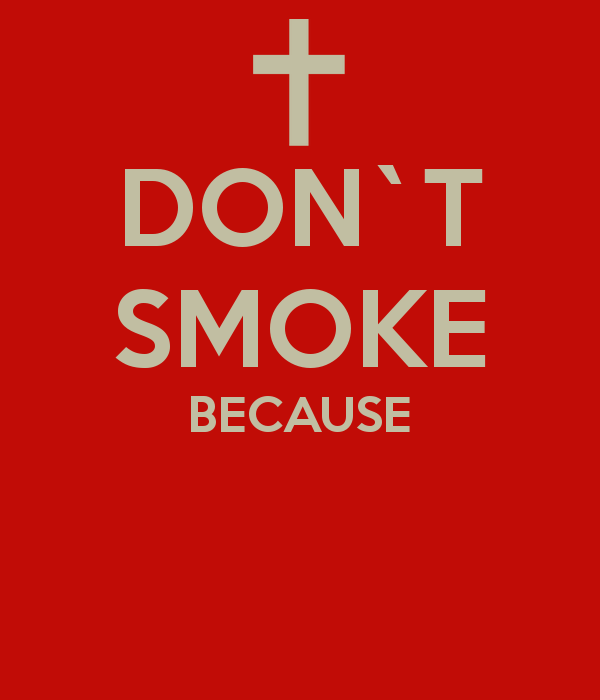
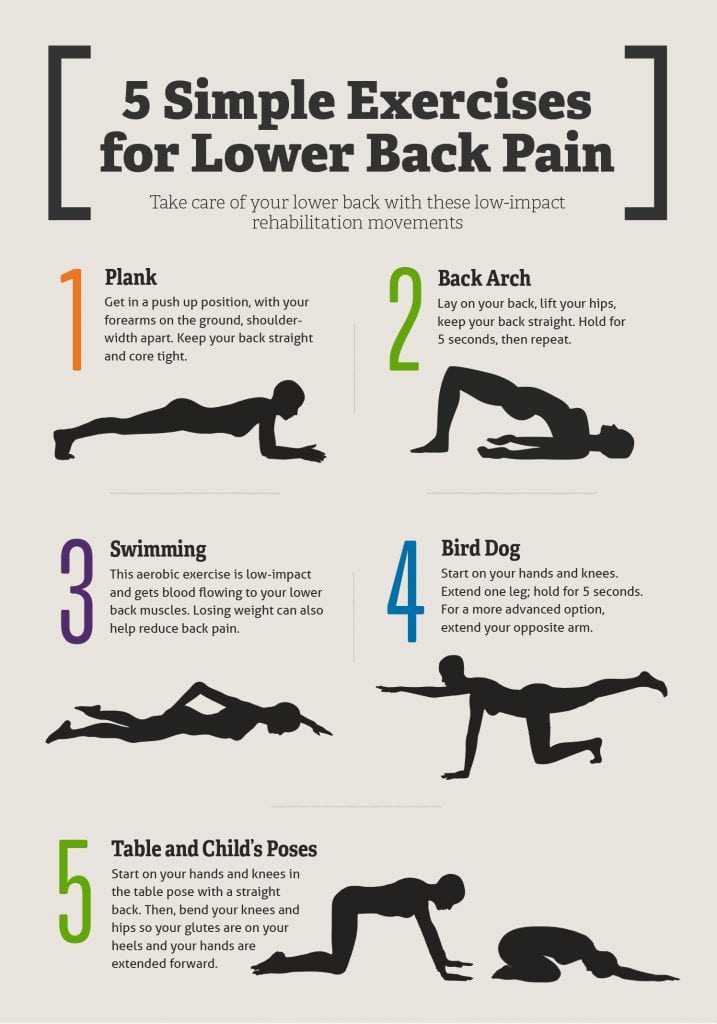
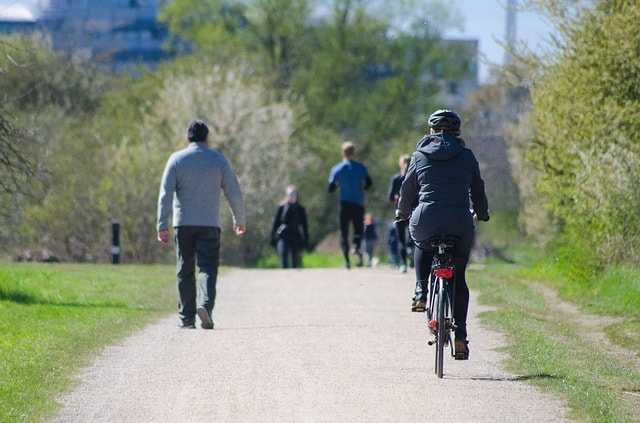
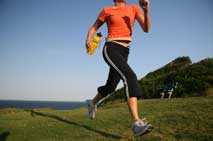
At all times, you should be conscious of good posture. It does not matter whether you are walking, running, sitting in front of the TV or your PC, you should try to keep your lower back always properly supported. If your chair is giving you problems, tuck in a small pillow to add some support to your lower back. Even when you are sleeping, you could try a small pillow or a rolled towel, either under your knees or your lower back. This will help you from experiencing terrible spinal pain from a slipped disc.
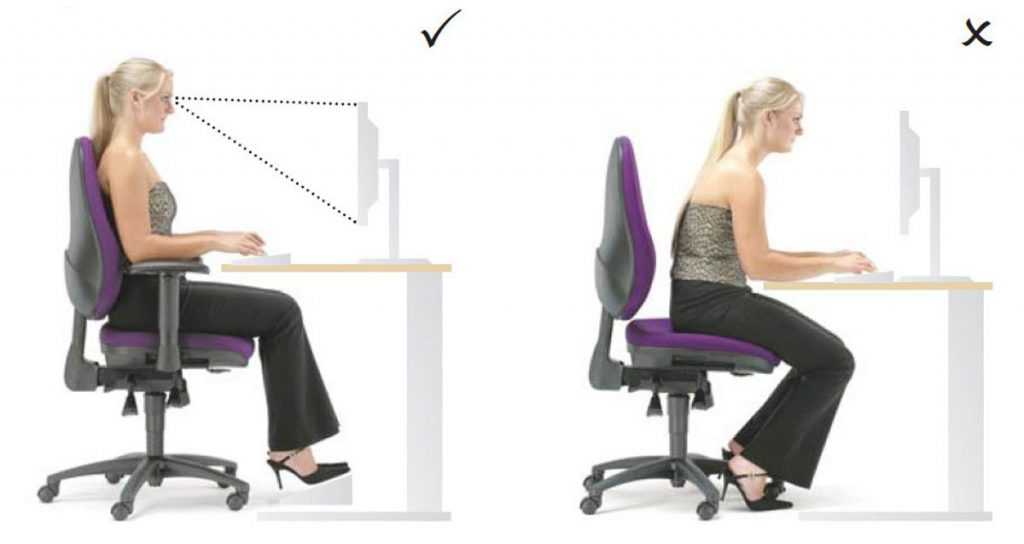
If you are already suffering from a herniated disc, you can still adopt these measures as part of your herniated disc treatment. However, should the spinal pain get unbearable, and stop you from functioning normally, you will need to seek medical attention for a possible change in your herniated disc treatment.
Most of all, it is important to listen to your body, but know that in most cases, including herniated disc situations, the body can heal itself over a period of time. For this to happen, you will be required to be patient, and avoid over-exerting yourself.
I hope you have found the information presented here useful. If you have further questions please comment below page.
Wishing you much joy and healing.

